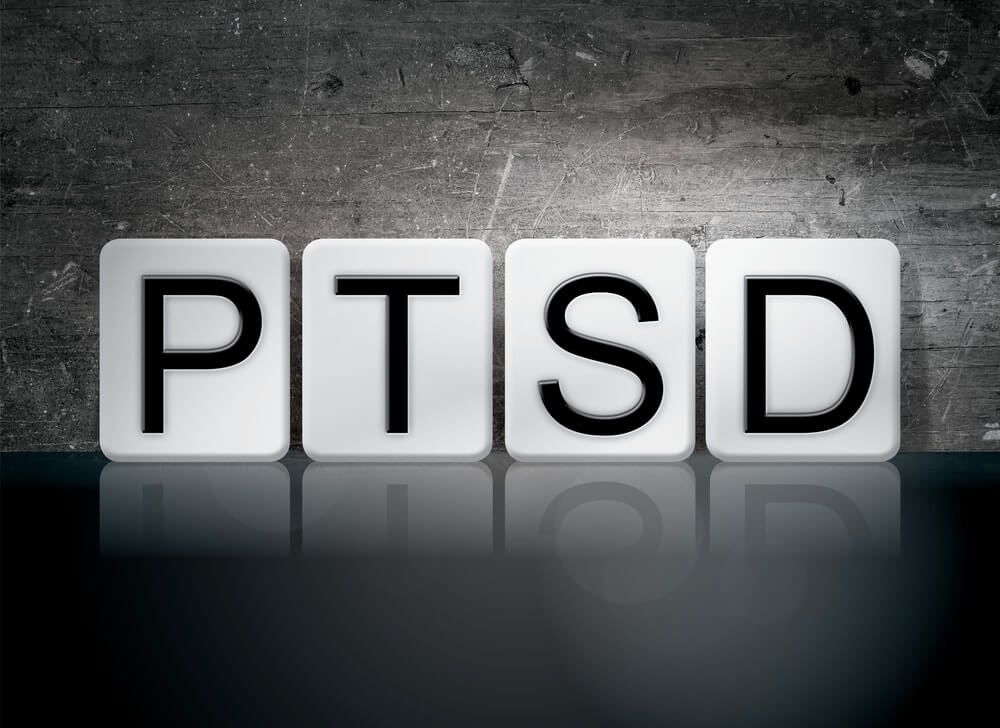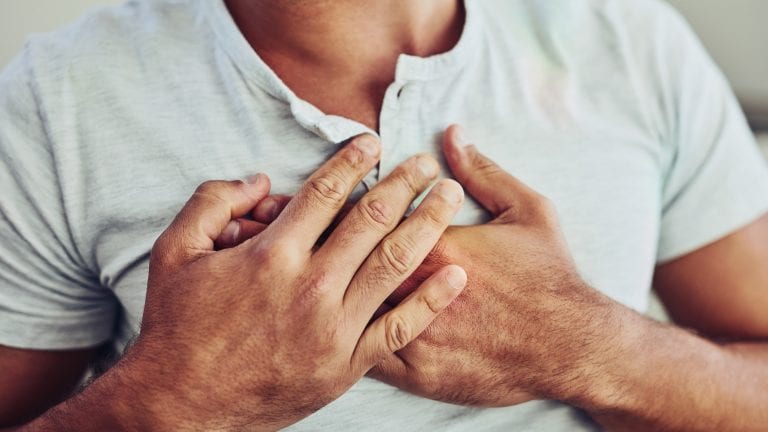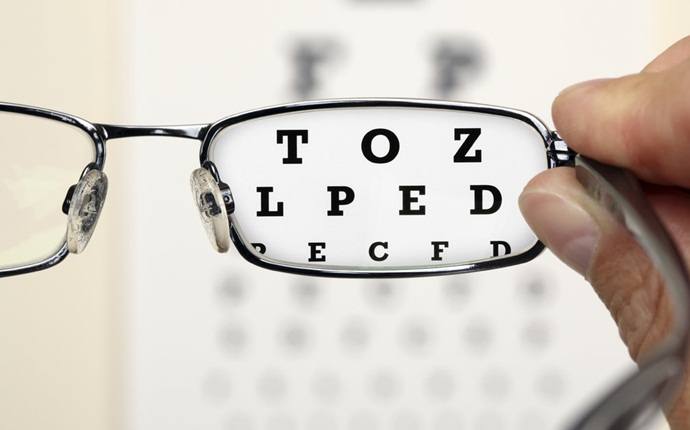
When looking at the various ways people attempt to cope with exposure to one or a series of traumatic events, it’s important to recognize the ways that they may manifest, says Gary Brown, PhD, a licensed psychotherapist in Los Angeles, CA who has worked with organizations like NASA and the Department of Defense.
“You probably have a sense that something is wrong, you don’t quite feel like you normally do, and might alternate between feeling extremely upset or possibly nothing at all,” he says.
Look out for these subtle changes in your everyday life that could be signs of post-traumatic stress disorder.
Hyperarousal
This is an intense experience of thoughts, feelings, behaviors, and physical sensations resulting from the traumatic event. “The body’s chemical reaction to the trauma can put the person in extreme survival mode we know as “fight or flight,” says Dr. Brown.
“When in a state of fight or flight—and we should really add the element of ‘freeze’ when we become immobilized by fear—we feel completely out of control. Needless to say, this is a very painful and scary.” You may find that you get easily overwhelmed or worked up and can’t calm down, or can’t fall asleep at night.
Intrusion
This is the experience of persistent intrusive thoughts and feelings about the event—and sometimes, they’re unrelated but disturbing in nature. “The more it plays, the more distressed you become, because you are constantly reliving the trauma,” Dr. Brown explains.
“The problem is that you can’t find the ‘off’ switch, and the more it repeats, the worse you feel. Despite your best efforts, no amount of will-power or any form of distraction that you might normally use, you can’t stop the loop.” Essentially, it feels like your mind is out of control.
Re-experiencing
The National Institute of Mental Health explains that re-experiencing is common among PTSD sufferers. These symptoms include reliving the trauma over and over, and having bad dreams and frightening thoughts.
“Re-experiencing symptoms may cause problems in a person’s everyday routine,” the institute notes. “The symptoms can start from the person’s own thoughts and feelings. Words, objects, or situations that are reminders of the event can also trigger re-experiencing symptoms.”
Avoidance
It is common to try and steer clear of anything that could continue to trigger the persistent thoughts and feelings relating to your traumatic experience, says Dr. Brown, who also serves as a disaster mental health specialist.
“One of the most common themes associated with this phenomenon is the desire to avoid any people, places, or objects that cause us fear and pain. It’s really a very normal response to an abnormal experience, especially when we’re in survival mode. We don’t want to continue to experience the pain.”
Risky behavior
When someone experiences a potentially traumatic event, says Mallory Grimste, a therapist in Woodbridge, CT, it is likely that person did not have much control over the situation. “When we feel confident and in control of our lives and circumstances, we tend to feel better in general,” Grimste says.
“People will often attempt to engage in risky behaviors to recreate similar circumstances, or feelings and experiences related to the original trauma so they can regain a sense of control with the hope that the outcome will be different than the original experience.”
She notes that it is not always a conscious decision, either. Some examples of risky behaviors may be reckless driving or walking alone in dangerous areas. Other examples include instigating arguments or procrastinating just to push the envelope.
Inability to trust
This can be related to a lack of trust in other people and the greater world around you but is often more likely rooted in a lack of trust in yourself. “After a traumatic experience, it’s common to be generally distrusting of others, the world, and one’s self,” Grimste says.
“You might feel like you can’t take anything at face value, or you may be subconsciously ‘testing’ your relationship with people or constantly questioning the other person’s commitment or loyalty to you.”
Rifling through their phone or mail and frequently texting just to “check in” are some examples. “On the other hand, you might have the opposite reaction and have an avoidant reaction, which means you won’t engage in any real relationship with anyone because that kind of vulnerability feels very risky,” she explains.

























